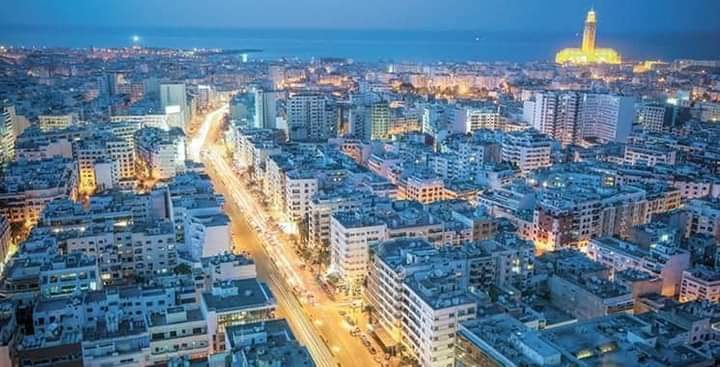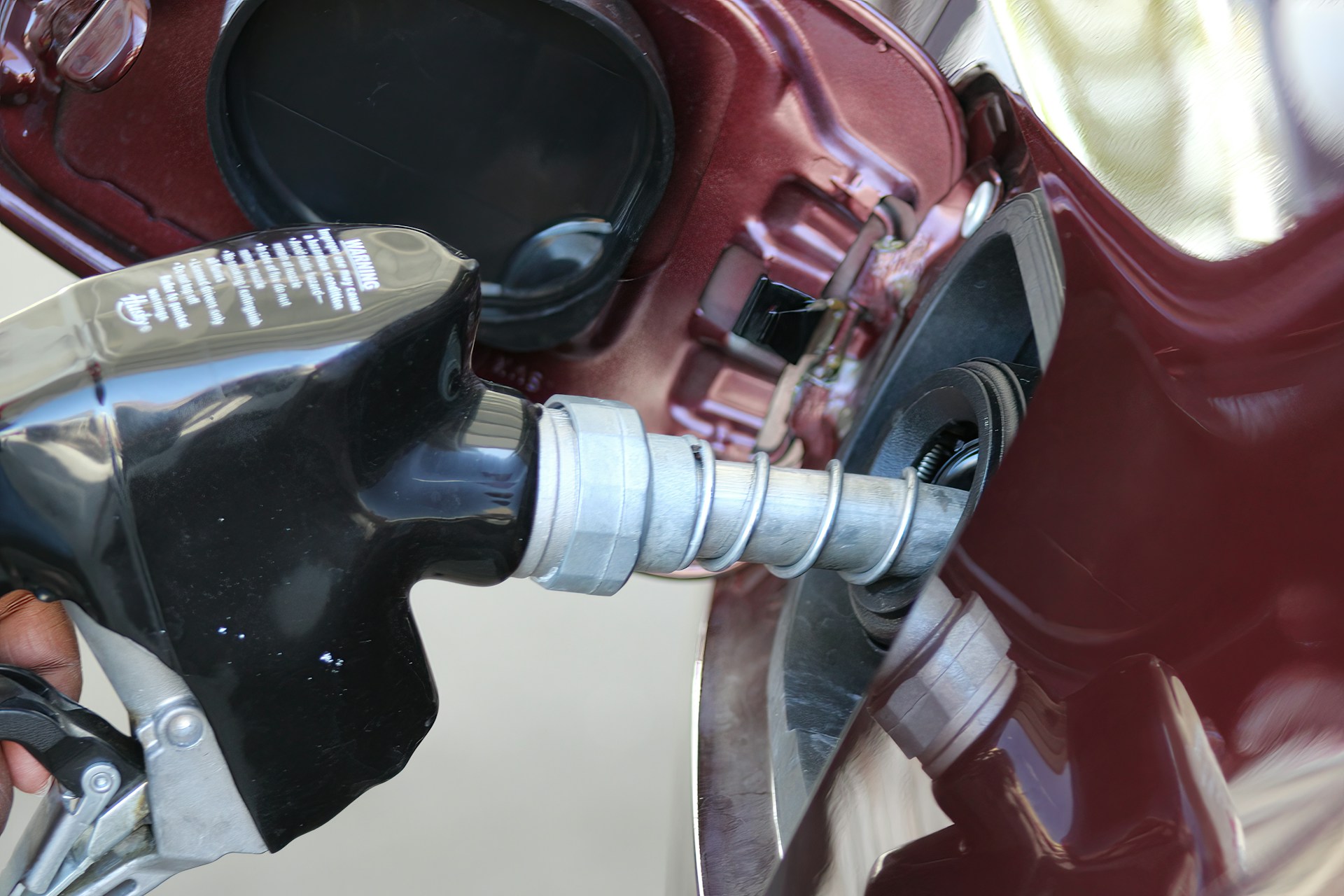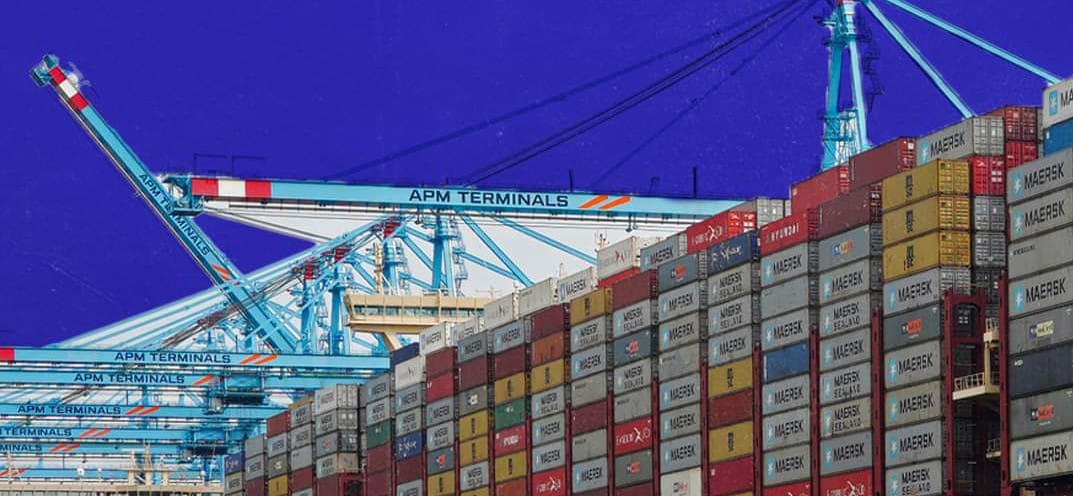Casablanca – The Netherlands is considering the legal import of Moroccan cannabis in response to persistent supply challenges in its regulated cannabis program, marking a potential shift in international cannabis trade dynamics. As Dutch authorities face mounting difficulties in meeting domestic demand with locally produced cannabis, Moroccan varieties—particularly the traditional Beldia—are emerging as a promising alternative.
This development comes in the context of a Dutch pilot program, launched on April 7, to regulate the legal sale of cannabis in ten municipalities. The initiative aims to bridge the gap between legally sanctioned cannabis retailers and the historically illegal supply chains. However, in its initial weeks, the program has faced challenges in maintaining consistent product availability. Due to delays in the readiness of local producers, many participating coffeeshops have reported insufficient stock, prompting authorities to temporarily authorize the sale of imported cannabis until domestic supply chains become fully operational.
However, the shortfall has proven more severe than initially anticipated. According to several Dutch cannabis industry sources, local producers have been unable to replicate the quality or volume required, especially in terms of hashish—a cannabis resin product that accounts for roughly 20–25% of coffeeshop sales, according to figures from the Dutch Cannabis Entrepreneurs Platform (Cannabisondernemingen Nederland). Many growers, operating indoors under tightly controlled conditions, face difficulties in producing resin with the aromatic and chemical profile of Moroccan hashish, which is often cultivated in open-air environments under specific climatic conditions.
One of the most sought-after Moroccan cannabis varieties is Beldia, a strain native to the Rif region and long prized for its high CBD content, distinctive scent, and traditional cultivation techniques. Moroccan farmers in this region have been operating under a regulated framework since the 2021 legalization of cannabis cultivation for medical, pharmaceutical, and industrial purposes under Law 13-21.
With growing interest from the Dutch private sector, companies such as SayHay—a Netherlands-based cannabis firm—have reportedly begun reaching out to licensed Moroccan cooperatives in provinces like Al Hoceima to explore potential supply agreements. According to a cooperative leader involved in discussions, SayHay’s director expressed a strong interest in importing Moroccan hashish as a way to alleviate the shortage of THC-rich cannabis products currently affecting the Dutch market.
Dutch investors and companies are now calling on their government to formalize import procedures and engage with Moroccan authorities to simplify export logistics. Proponents argue that importing Moroccan cannabis would not only resolve supply issues in the short term but also support a fair-trade model that benefits small-scale Moroccan farmers operating legally under Moroccan oversight.
Industry experts point out that such cooperation would also align with Dutch legal standards. The Legal Cannabis Import Initiative—a working group of professionals and stakeholders in the Netherlands—has stated that importing cannabis from Morocco is both technically feasible and legally permissible under existing Dutch laws, particularly when intended for medicinal and regulated commercial use.
The potential partnership also presents strategic advantages for Morocco, which has been grappling with an oversupply of unsold legal cannabis in recent seasons. Despite growing international interest, domestic demand for Moroccan legal cannabis remains limited, and many producers are awaiting export opportunities to realize economic returns from their crops.
Recent milestones suggest Morocco is preparing for such opportunities. In April, the country completed its first export of cannabis for therapeutic use to foreign laboratories, facilitated by the cooperative Biocannat in Chefchaouen and the export firm Cannaflex. These exports were authorized by the Moroccan Agency for Medicines and Health Products and the Autonomous Establishment for Export Control and Coordination.
If advanced, the proposed Dutch-Moroccan cannabis trade could represent a significant step toward greater international collaboration in the legal cannabis market. It could help stabilize cannabis supplies in European countries undergoing regulatory transitions while promoting sustainable economic development in producing regions such as Morocco’s Rif.
While both sides are still navigating legal, logistical, and political considerations, observers see growing momentum behind the initiative. As global cannabis markets mature and international norms evolve, partnerships between producer and consumer countries may become a defining feature of the next phase of cannabis regulation.
















